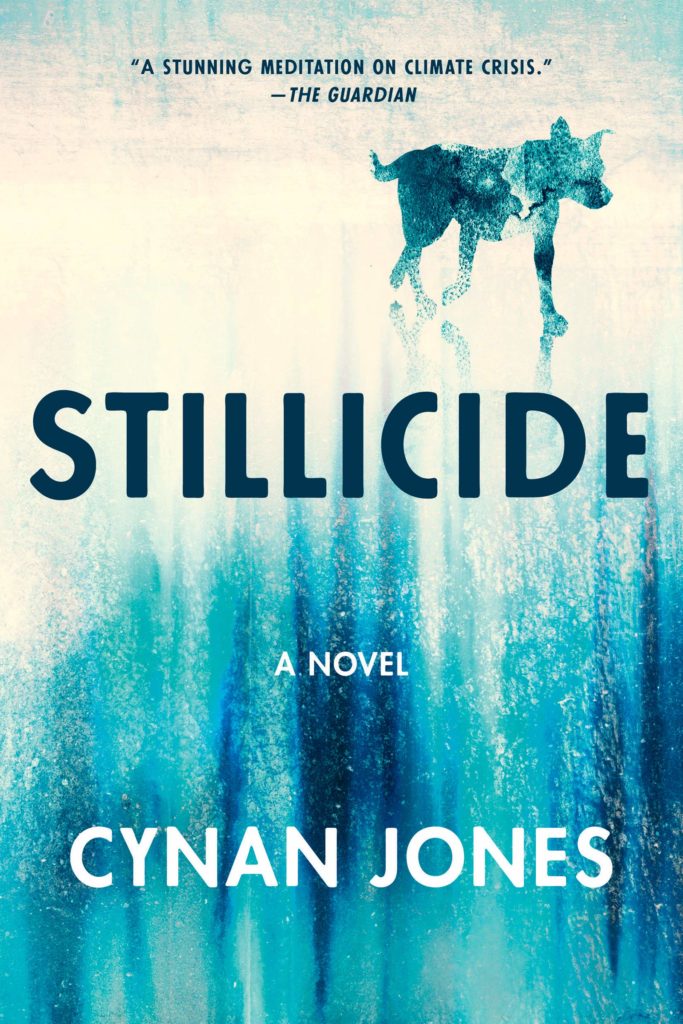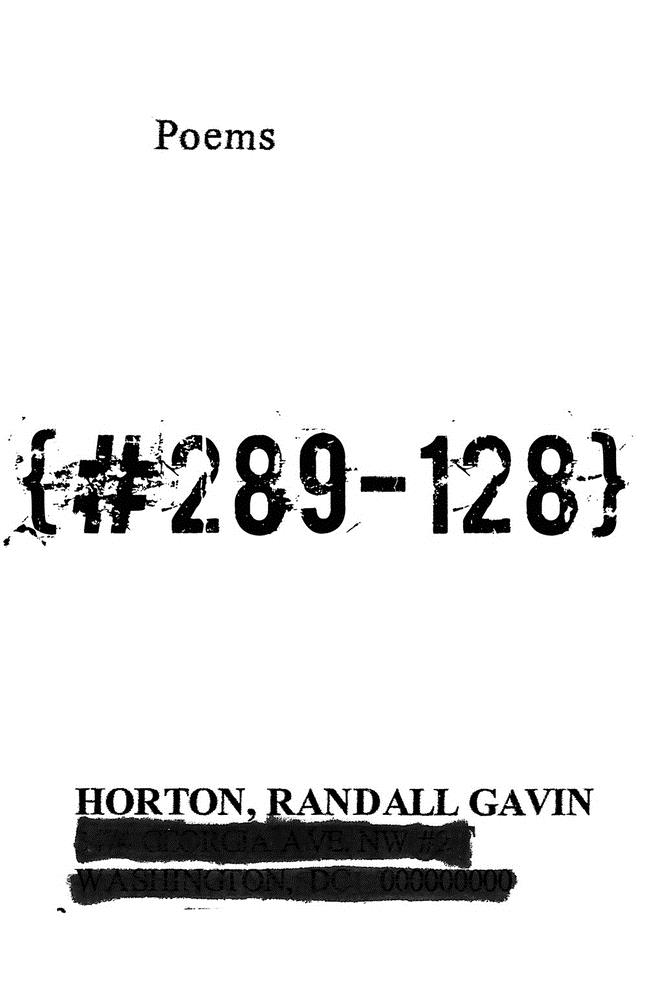
I first met Maryse Meijer on a book tour where she was kind enough to read with Tobias Caroll and myself at the very fine Volumes Bookstore in Chicago, Illinois. We exchanged copies of our books and I quickly devoured Heartbreaker, all too happy to add it the following semester to my students’ reading lists. Her prose is sharp, focused, sometimes musical and possesses an undeniable kinetic energy. Her characters, filled with the burning embers of desire, are often longing for things that will tear the asunder, lead them into situations that give the reader pause, that ask us to consider the power of desire, that fill us, in the safety of our reading chairs, with a sense of danger. Bleak and uncomfortable but never disappointing, her stories unearth the best and worst in human nature. Her latest, The Seventh Mansion, centers on a disenfranchised young man, Xie, who discovers love in the bones of a saint, and through this love finds power to stand in the face of extraordinary odds and fight for what he believes in. A novel that is as much a love story as it is a literary call to arms, Maryse manages to create a book that I wish I’d read my entire life and only now have had the pleasure. When FSG Originals announced the release of The Seventh Mansion, I contacted Maryse for this interview. Always gracious, Maryse agreed and the follow conversation was conducted via email over several weeks this autumn.





